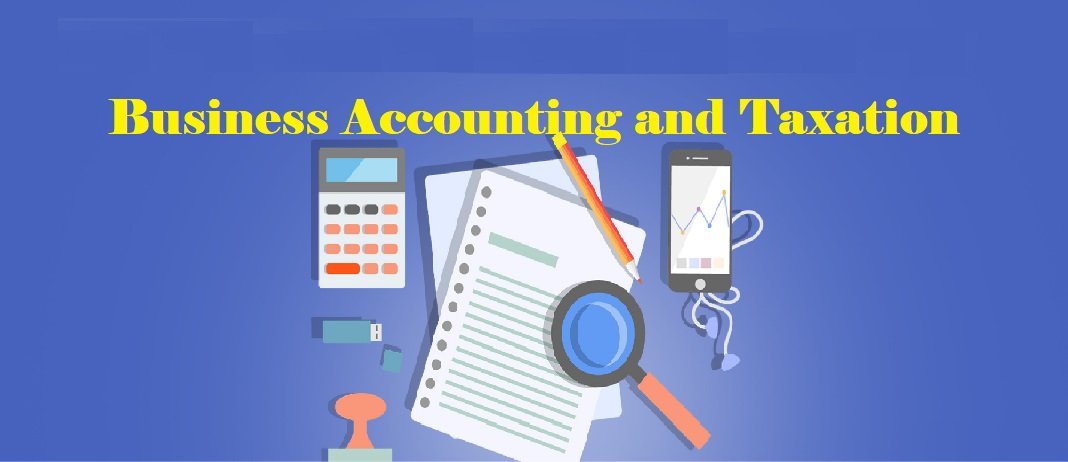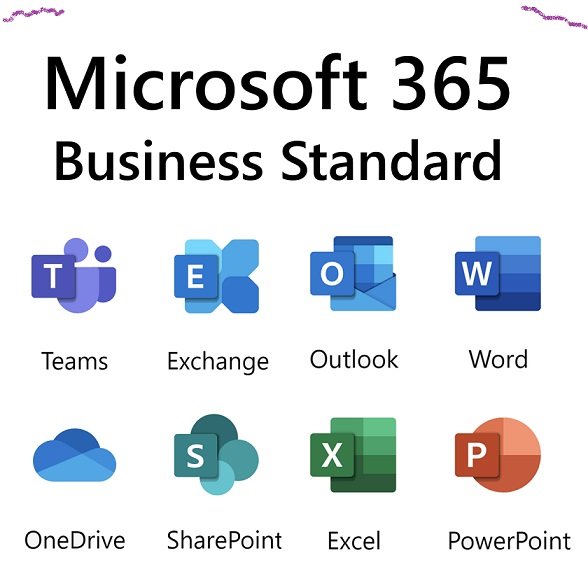Table of Contents
ToggleBusiness Accounting and Taxation: A Complete Guide for Entrepreneurs
Understanding business accounting and taxation is vital for running a successful business. It ensures your financial records are accurate and compliant with tax laws, helping you make informed decisions and avoid penalties. Whether you’re a small business owner or planning to start a venture, mastering these aspects will streamline your operations and contribute to long-term growth.
This article explores key concepts, practical tips, and strategies related to business accounting and taxation. Additionally, we’ll provide an easy-to-understand table summarizing important tax forms and deadlines to keep your business on track.
Table of Contents
- What is Business Accounting?
- Why is Accounting Important for Businesses?
- Introduction to Taxation
- Key Differences Between Accounting and Taxation
- Essential Accounting Principles for Businesses
- Taxation Basics Every Entrepreneur Should Know
- Accounting Tools and Software
- Common Challenges in Business Accounting and Taxation
- Business Tax Forms and Filing Deadlines (Table)
- Tips to Optimize Business Accounting and Taxation
What is Business Accounting?
Business accounting refers to the systematic recording, analyzing, and interpreting of financial transactions within a business. It includes managing revenues, expenses, assets, and liabilities to provide a clear picture of the company’s financial health.
The key objectives of business accounting are:
- Ensuring accurate financial reporting.
- Providing data for decision-making.
- Complying with legal and tax requirements.
Why is Accounting Important for Businesses?
Accounting is the backbone of any business. Without accurate financial records, managing resources and planning for growth becomes challenging. Here’s why accounting matters:
- Financial Monitoring: Tracks income and expenses, ensuring profitability.
- Budgeting: Helps allocate resources efficiently.
- Compliance: Ensures adherence to tax laws and financial regulations.
- Attracting Investors: Provides transparent financial data to potential stakeholders.
Introduction to Taxation
Taxation involves the imposition of financial charges or levies by the government on individuals and businesses. Taxes fund public services and infrastructure, making them a fundamental aspect of economic systems.
Types of Business Taxes
- Income Tax: Based on the profit earned by the business.
- Sales Tax: Levied on the sale of goods and services.
- Payroll Tax: Covers employee wages and social security contributions.
- Corporate Tax: Applied to a company’s net income.
Key Differences Between Accounting and Taxation
| Aspect | Accounting | Taxation |
|---|---|---|
| Focus | Recording and reporting financial data. | Ensuring compliance with tax laws. |
| Objective | Decision-making and financial transparency. | Calculating and paying taxes. |
| Time Frame | Continuous process throughout the year. | Periodic, based on tax filing deadlines. |
Essential Accounting Principles for Businesses
To maintain accurate records, businesses must adhere to key accounting principles:
- Accrual Principle: Recognize revenues and expenses when incurred, not when cash is exchanged.
- Consistency Principle: Use the same accounting methods across reporting periods.
- Going Concern Principle: Assume the business will operate indefinitely.
- Materiality Principle: Focus on significant transactions that affect decision-making.
Taxation Basics Every Entrepreneur Should Know
- Tax Identification Number (TIN): Required for filing taxes and conducting business activities.
- Tax Deductions: Reduce taxable income, including expenses like rent, utilities, and salaries.
- Tax Credits: Directly reduce the amount of tax owed. Examples include R&D tax credits.
- Filing Deadlines: Missing deadlines can result in penalties.
Accounting Tools and Software
Modern accounting software simplifies financial management. Popular options include:
| Software | Key Features | Pricing (Approx.) |
|---|---|---|
| QuickBooks | Expense tracking, invoicing, payroll | $25–$180/month |
| Xero | Cloud-based, multi-currency support | $13–$70/month |
| Zoho Books | GST-ready, automation tools | $10–$29/month |
| Wave | Free for small businesses | Free |
Common Challenges in Business Accounting and Taxation
- Cash Flow Management: Balancing income and expenses can be difficult for new businesses.
- Tax Law Changes: Keeping up with evolving regulations is challenging.
- Errors in Record-Keeping: Mistakes in financial records can lead to audits and penalties.
- Time Constraints: Entrepreneurs often struggle to manage accounting alongside other responsibilities.
Business Tax Forms and Filing Deadlines (Table)
| Tax Form | Purpose | Deadline |
|---|---|---|
| Form 1040 (Schedule C) | Report income for sole proprietors | April 15 (or next business day) |
| Form 1120 | Corporate tax return | April 15 |
| Form 941 | Employer’s quarterly tax return | Quarterly (April, July, Oct, Jan) |
| Form 1099 | Report payments to contractors | January 31 |
Tips to Optimize Business Accounting and Taxation
- Hire a Professional: An accountant or tax advisor can ensure compliance and efficiency.
- Automate Processes: Use software to reduce manual errors and save time.
- Stay Updated: Monitor changes in tax laws and regulations affecting your industry.
- Plan Ahead: Budget for tax payments and save for unforeseen expenses.
- Audit Regularly: Conduct periodic audits to identify and correct discrepancies.
Mastering business accounting and taxation is not just about compliance—it’s a powerful tool for growth. By understanding the principles, using modern tools, and staying proactive, you can build a financially stable and compliant business.
What challenges have you faced with business accounting and taxation? Share your experiences in the comments below!




